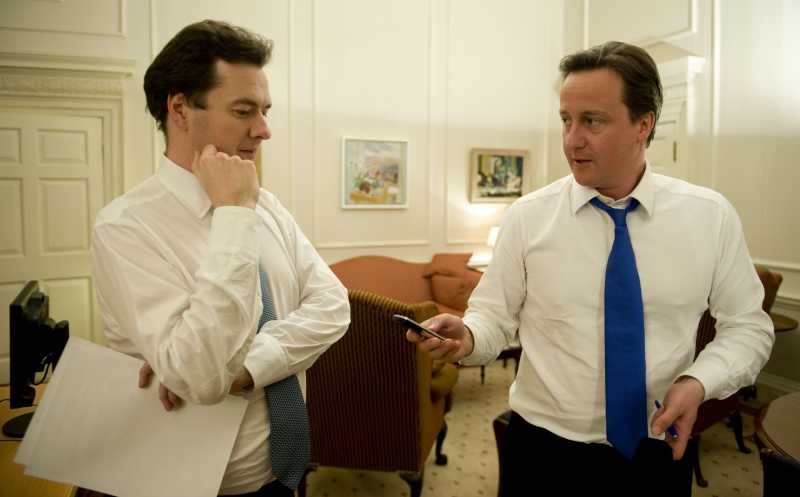British Prime Minister David Cameron said the UK will not pay £1.7bn being demanded by the European Union.

“If people think I am paying that bill on 1 December, they have another think coming,” the prime minister said in Brussels, BBC reported. “It is not going to happen.”
But Commission President Jose Manuel Barroso said the demand should “not have come as a surprise” to the UK.
He said it was made under a system agreed by all the member states and based on data provided by them.
EU finance ministers have agreed to the UK’s request for emergency talks about the top-up payment, which would add about a fifth to the UK’s net EU contribution of £8.6bn for this year.
Mr Cameron said he was “downright angry” and said the British public would find the “vast” sum “totally unacceptable”.
“It is an unacceptable way for this organisation to work – to suddenly present a bill like this for such a vast sum of money with so little time to pay it,” he said.
“It is an unacceptable way to treat a country which is one of the biggest contributors to the EU.”
He added: “We are not going suddenly to get out our cheque book and write a cheque for 2bn euros. It is not going to happen.”
Speaking later on a visit to Rochester and Strood, in Kent, where there will be a by-election next month, Mr Cameron made it clear the UK will not pay the full amount being demanded by the EU.
“If it is 2bn euros, no we’re not, that is just not acceptable,” he said.
He has not ruled out making an additional contribution at some stage.
But Mr Barroso, who steps down as Commission president next month, said the bill should not “have come as a surprise”. He said the UK’s contribution had fallen in 2008 under the same mechanism.
“Of course I understand the concerns it has raised in London, but any person that wants to look at them with objectivity and honesty to the rules that were approved by the member states has to accept that sometimes these decisions happen,” he told reporters in Brussels.
Pushed as to what would happen if the UK did not pay, he said: “I cannot speculate on non-payment.
“We cannot have a negotiation about the GDP of different countries… this should be left to independent statistics authorities.”
He added that Eurostat, the EU statistics authority, which had come up with the calculation, was itself an independent body.